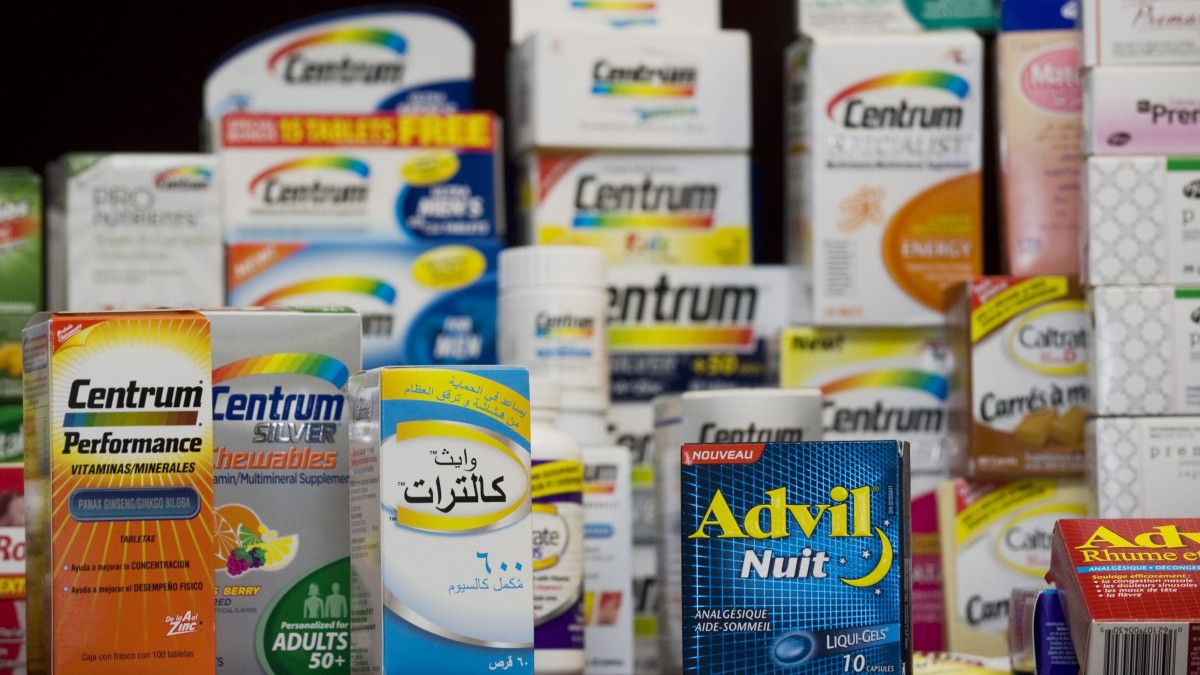
Corporate power seems to be thwarting the public’s right to know if the personal care products they use contain potentially harmful ingredients.
As a result of the California Safe Cosmetics Act, the California Department of Public Health (CDPH) earlier this month rolled out a searchable database through which consumers could see if their personal care products contain carcinogens or reproductive toxins.
Yet an analysis of the database conducted by Women’s Voices for the Earth, an organization working to eliminate the toxic chemicals that harm public health and communities, revealed this week that 22 companies are requesting trade secret status for nearly 1,500 products, exploiting a loophole that allows them to keep the ingredients hidden from consumers.
Consumers searching the database may see “trade secret” listed for an ingredient instead of a chemical, thereby preventing full disclosure.

One egregious example the analysis found was make-up and fragrance maker Shiseido, which claimed trade secret status on ingredients in almost 400 of their products. Indeed, if a user searches “trade secret” on the database, pages upon pages of Shiseido products appear.
Among the companies using the trade secret status are well-known names like the Colgate-Palmolive Company and the Dial Corporation, as well as the CHI Organics brand.
“Trade secret status should never be allowed to conceal harmful chemicals such as carcinogens or reproductive toxins from consumers,” said Erin Switalski, Executive Director of Women’s Voices for the Earth.
“We understand and respect the need for companies to have trade secret protections for the few select chemicals needed to a product’s competitive advantage, but we do not believe that these business needs should ever trump public health,” Switalski said.
The organization is urging consumers who use products made by the 22 companies to call them to ask why they are keeping this information from consumers.
This article first appeared on Common Dreams.

